Flexural Strength
Materials Ranked by Flexural Strength
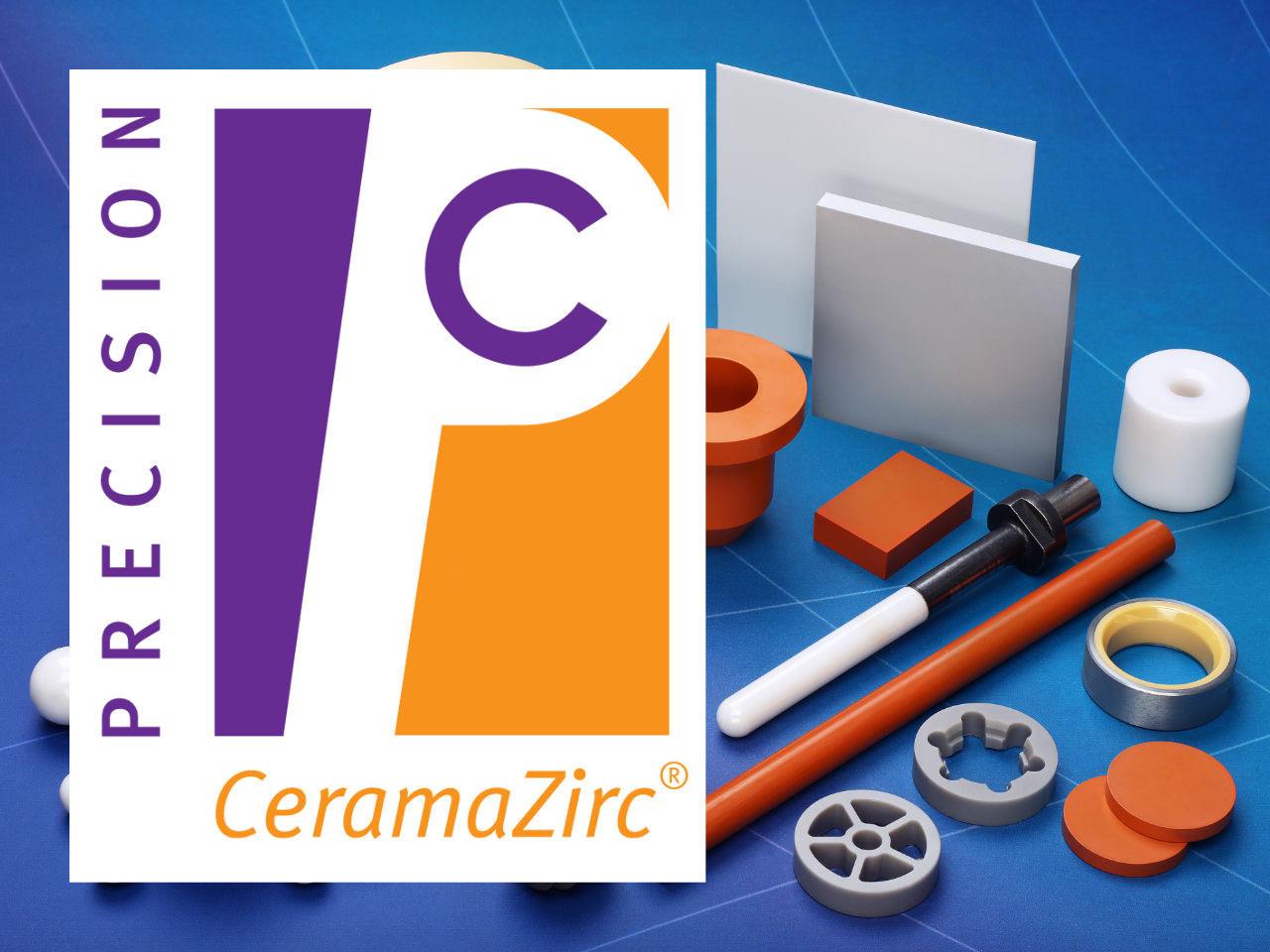
Zirconia (ZrO2) - CeramaZirc™
Unlike traditional ceramics that tend to be hard and brittle, Zirconia offers high strength, wear resistance, and flexibility far beyond those of most other advanced ceramics.
Details
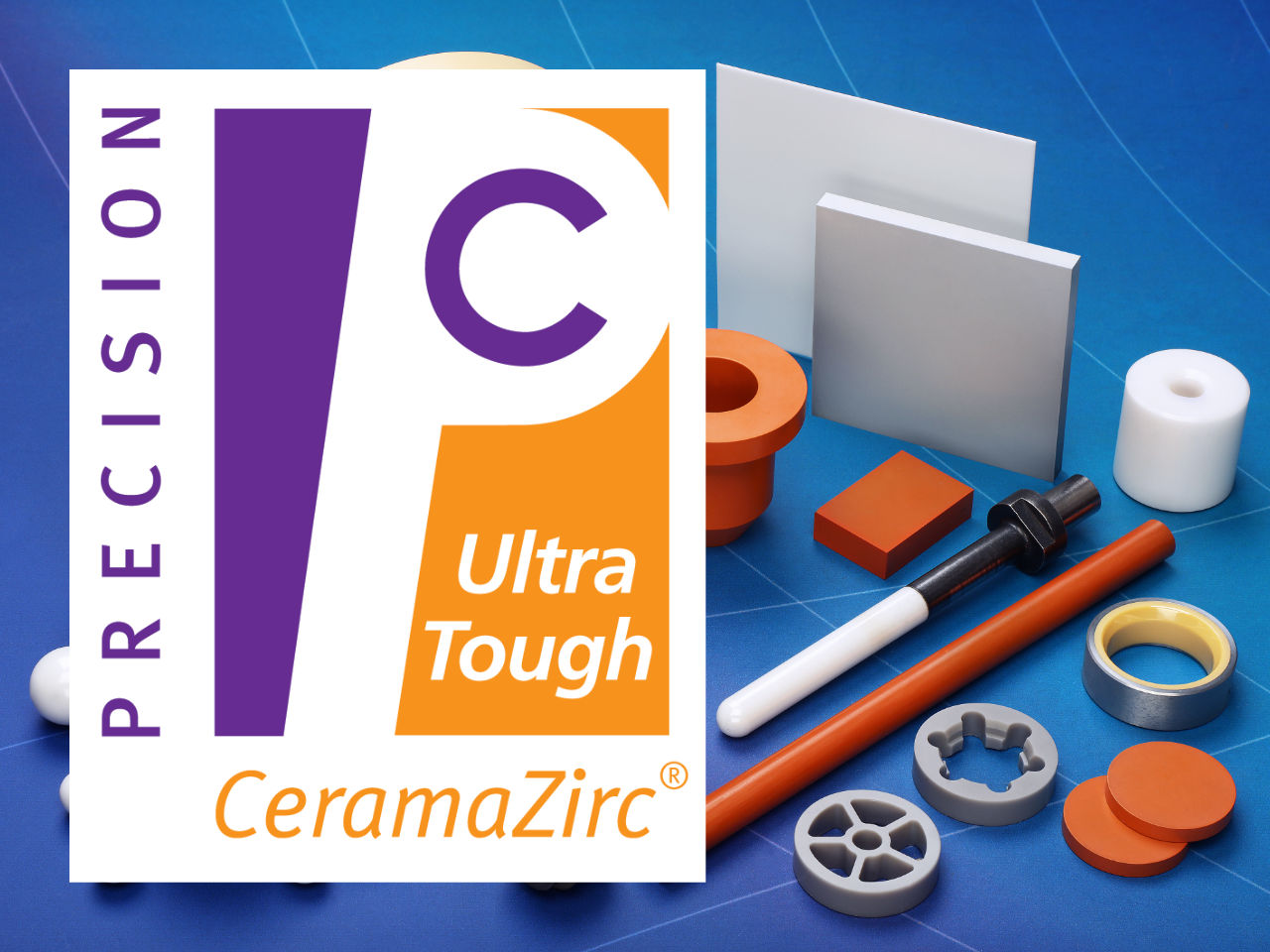
Zirconia (ZrO2) - CeramaZirc™ Ultra Tough
CeramaZirc Ultra Tough is an advanced zirconia-based ceramic composite material based on partially stabilized zirconia and alumina platelets.
Details
Silicon Nitride (Si3N4) – CeramaSil-N™
Silicon Nitride has the most versatile combination of mechanical, thermal, and electrical properties of any advanced ceramic material.
Details
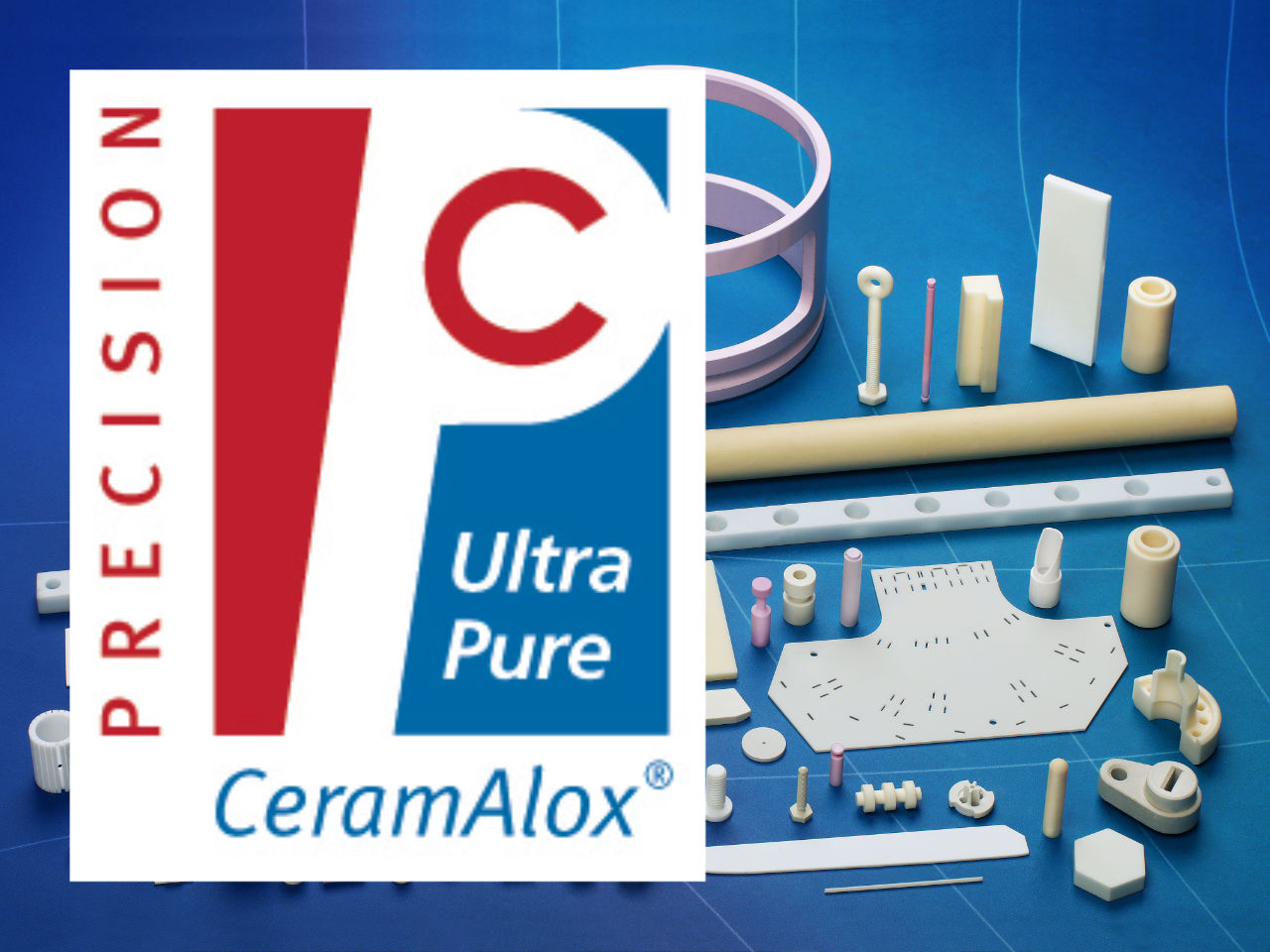
Alumina (Al2O3) – CeramAlox™ Ultra Pure
CeramaAlox Ultra Pure is a very high purity (99.95%) grade of Alumina (Aluminum Oxide) exhibiting an exceptional combination of mechanical and electrical properties.
Details
Ceramic Material Comparison Chart
Related Properties

Hardness
One of the most valuable characteristics of advanced ceramics in high-performance applications is their extreme hardness. Hard ceramic materials are used for a wide range of applications in diverse fields and applications such as cutting tools for milling and grinding.
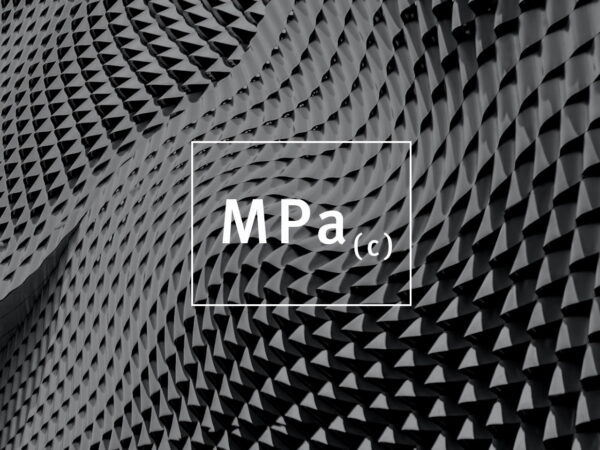
Compressive Strength
Compressive strength is the capacity of a material to withstand loads tending to reduce size. Explained differently, compressive strength resists compression (being pushed together), whereas tensile strength resists tension (being pulled apart).
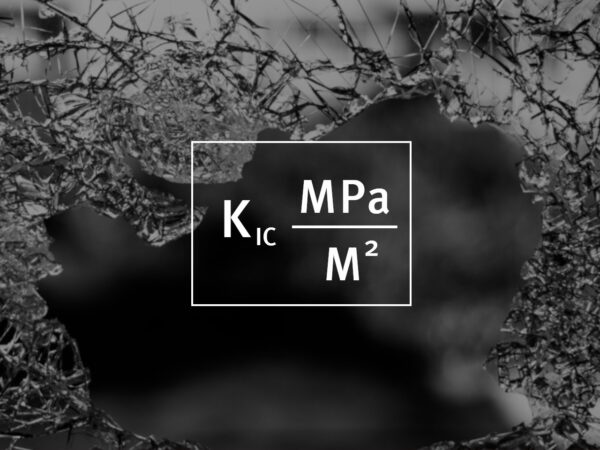
Fracture Toughness
The ability to resist fracture is a mechanical property of materials known as fracture toughness. For advanced ceramics it uses a critical stress intensity factor known as KIC where the fracture normally occurs at the crack terminations.

